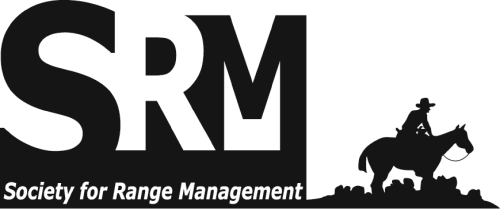Decisions regarding the management of livestock grazing on public lands (e.g. national forests) are complex because multiple parties are involved: the responsible agency and the livestock grazing permittee. Making those decisions during drought is even more difficult because 1) the approval process for changing management practices on public lands can be very slow and 2) drought is both spatially and temporally variable and difficult to predict. Therefore, increasing preparation for drought should include 1) identifying practices that can reduce exposure to future drought as well as those that can be applied during a drought, and 2) starting the approval process early so that it is completed before the next drought. We used a co-development process, where permittees and Forest Service managers worked together to identify 1) useful practices and 2) the process and duration of the associated approval. We used a scenario-based approach to solicit the co-developed suggestions, where realistic, probability-based drought conditions were applied to a hypothetical, yet representative grazing allotment in the Tonto National Forest, AZ. The co-developed solutions to the drought scenarios included altering herd rotation sequences, herd size and structure, developing temporary and permanent drinking waters, providing supplemental feeding on private land, or combination of solutions. The approval process ranged from low difficulty with no permissions needed, to intermediate difficulty where line officer approval is needed for updates to Annual Operating Instructions, to high difficulty where approval is required through National Environmental Policy Act (NEPA) analysis. Based on evaluations from the participants, the co-development process fostered constructive dialogue and cooperation between the parties; and the scenario activities stimulated participants to begin identifying new practices for specific allotments and initiating the approval process to put them in place before the next drought.

Oral presentation and poster titles, abstracts, and authors from the Society for Range Management (SRM) Annual Meetings and Tradeshows, from 2013 forward.